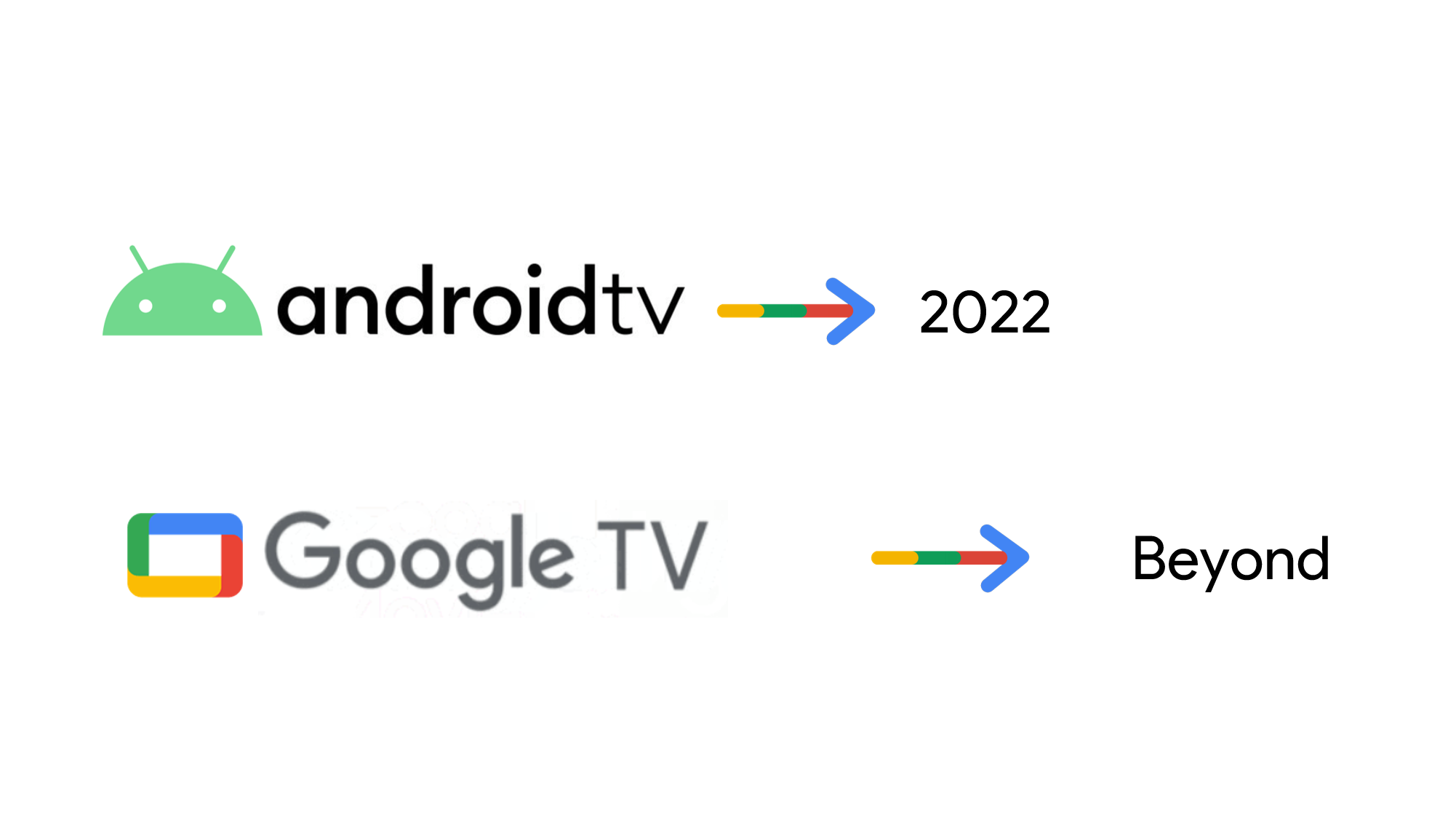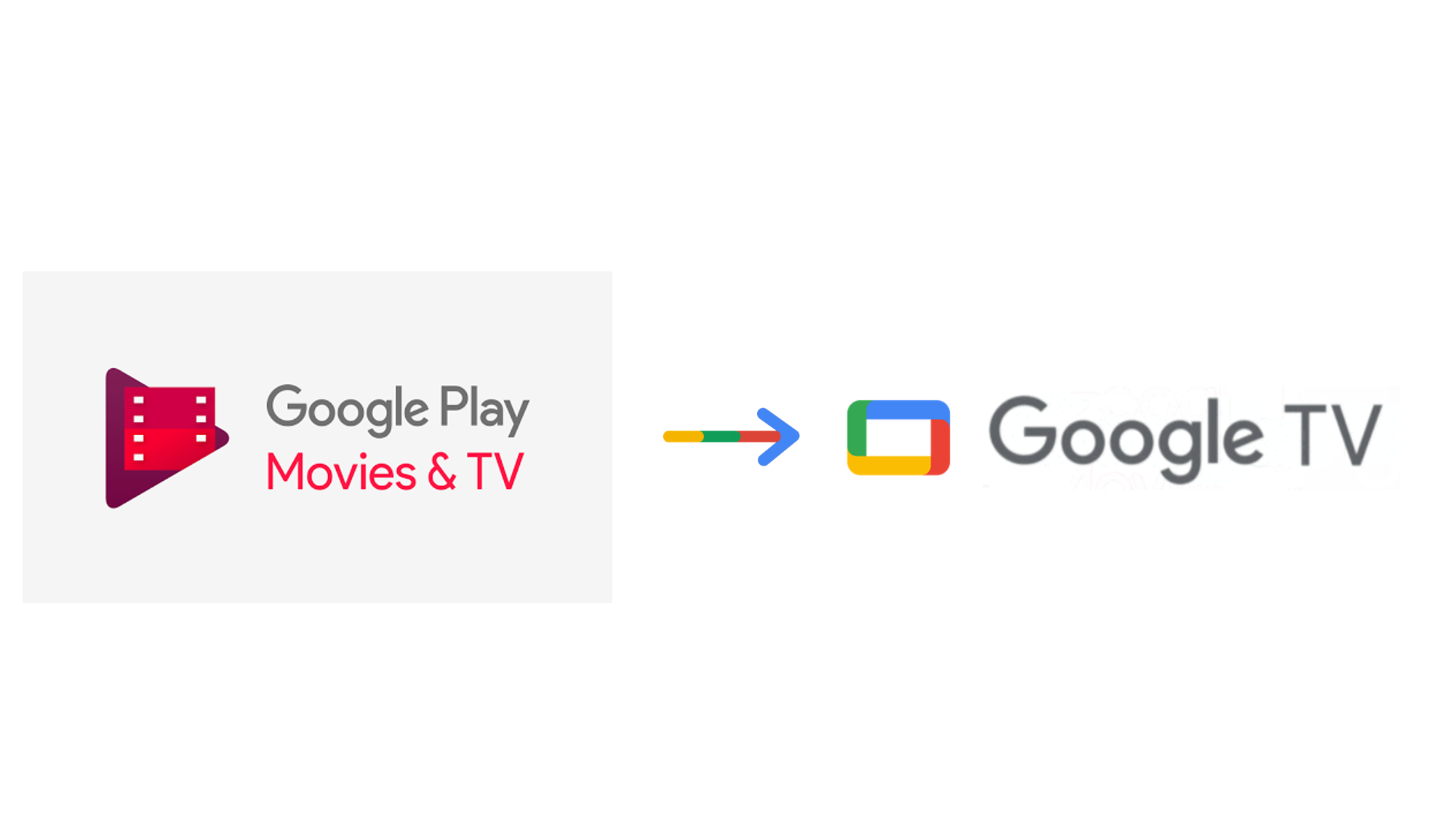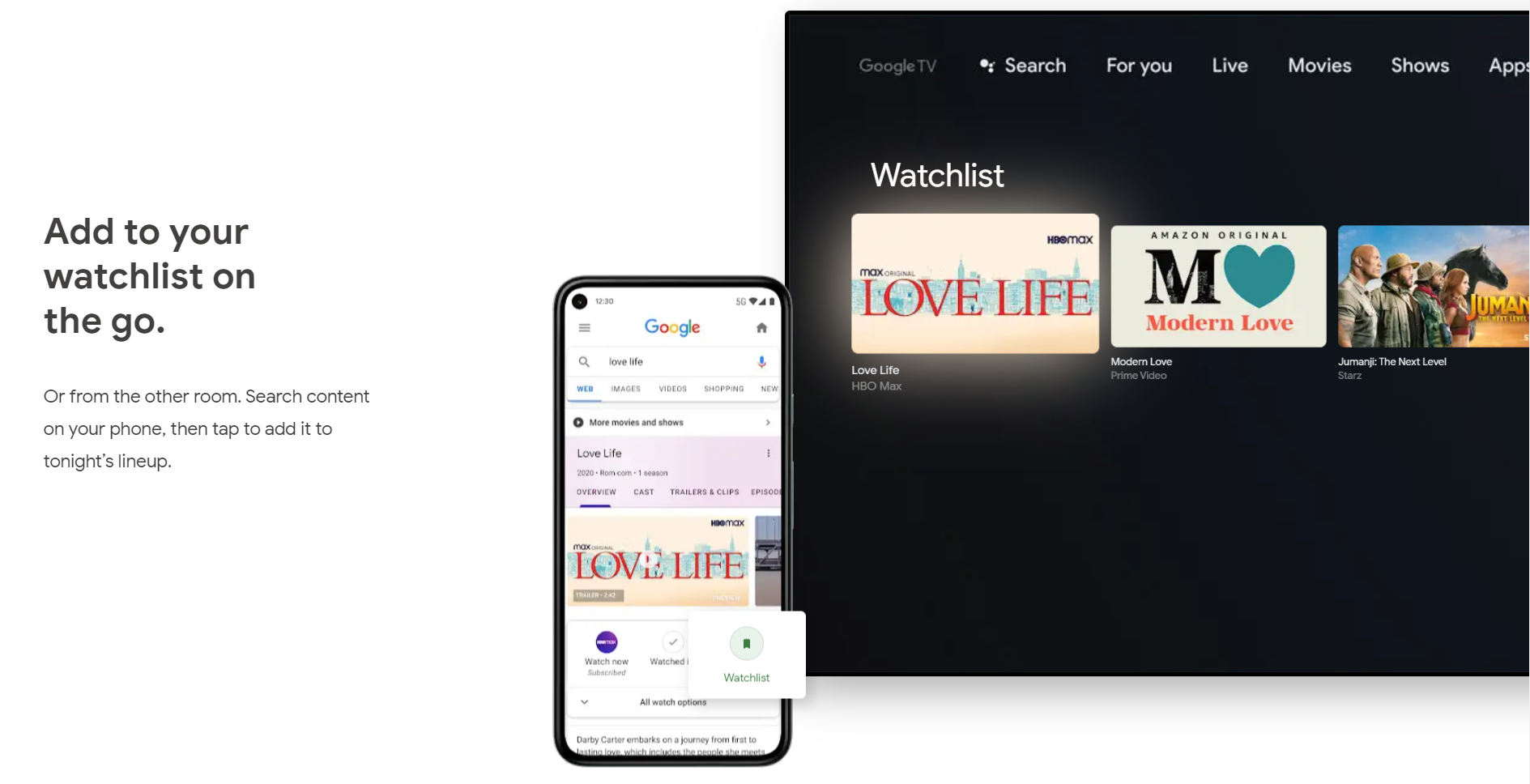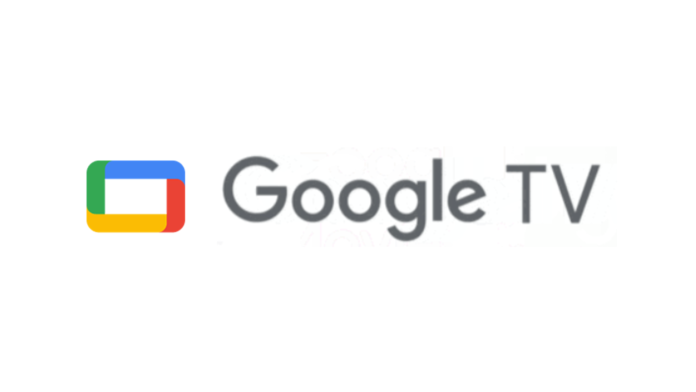With today’s launch of Google’s new Chromecast with Google TV we are starting to get a look at Google’s longer-term TV/ entertainment strategy, and it’s all called Google TV.
Initially, we thought that Google TV would be a simple rebrand of Android TV, it’s a move that made sense as the Google brand likely has a wider appeal than Android does. However, as devices are getting into peoples hands it’s becoming apparent that Google TV will encompass so much more.
Google TV as Android TV

It is true that Android TV is shifting to Google TV, over time, however, rather than a clean break going forward we are going to live in a hybrid bizarreo world where we will have old Android TV devices, new devices launching with Android TV, old devices getting updated to Google TV and of course, new Google TV devices– Google loves their fragmentation apparently.
Google has said they will support new Android TV deployments until at least 2022, which feels like an incredibly long timeline. We understand some existing devices won’t make the switch, hell some existing devices are on very old versions of Android TV, but 2022 is a long way off.
We also understand that some in-development devices may not want to pay to switch to the new platform, however, there has to be a middle ground. We would have thought a very light skin of Android TV, where only the branding is changed would have allowed OEMs to release a device branded as Google TV while not actually having to do anything.

Then new devices shipping with Google TV could have a new UI, new features and the overall improved experience. It’s easy to see category leaders like NVIDIA shifting all of their devices to Google TV, while OEMs like Sony could release Android TVs well into the future.
The reason for this hybrid world may be the second iteration of Google TV, and that Google Play Movies & TV app/ service is being replaced by a Google TV app. We told you this would be confusing
Google TV as a service and App

Yes in addition to Google TV eventually becoming Google’s primary TV platform for hardware, it is also the name that they are changing their entertainment content delivery and app ecosystem over to. We are going to have Google TV running on Android TVs, Google TVs, Android Devices, on the web assumably and even on iOS.
We’re ok with Google switching up their content branding, the Play brand was never that strong, and with Google murdering Google Play Music it doesn’t seem incongruent. I guess it’s better than changing it to YouTube TV, oh wait they have one of those too.
According to the details emerging today, the Google Play Movies & TV apps will start migrating over to Google TV as early as today. Those who got early hands-on with the new Google TV hardware have confirmed that Google Play Movies & TV is gone, and has been replaced by a simple library tab in the UI.
The changes go a little deeper than a new tab, however. The new Google TV UI integrates deep, linking to all installed content services, so if you want to watch anything when you search it will show all provide of that content on your system. This will obviously rely on good partner integration with the search features, especially for local content.
The feature extends outside of your TV as well, when you search for a show on the Web you will be able to add what you find to your watch list. This will be present on your Google TV device in the Watchlist next time you turn it on. This may even extend into the apps on other ecosystems.

Overall we are happy that Google is investing in the living room/ entertainment space, it’s better to have them active in the space then absent like they are with Wear OS. However, this does feel like an unnecessarily complicated and confusing branding strategy.
Perhaps it’s actually genius, and the plan is to try and create a cross-platform content aggregator that works across all form factors and platforms. If that was the case, we would actually take back all of the snark, well most of it.





If you skin Android TV as Google TV you’re adding an extra layer of confusion when Android TV reaches end of life. How does your average normie know if they have Google TV or faux Google TV. Better to draw a line in the sand and reserve the new branding for devices that will work beyond 2022.